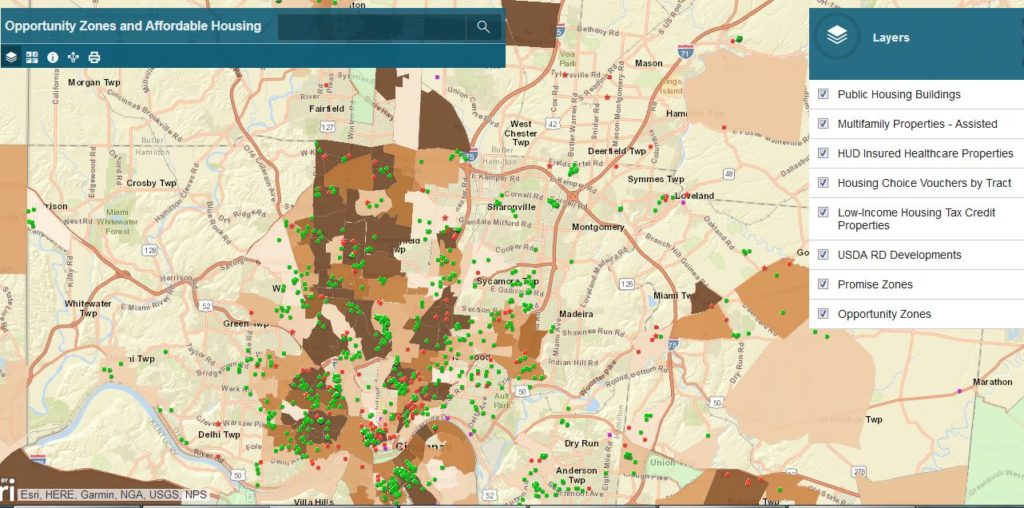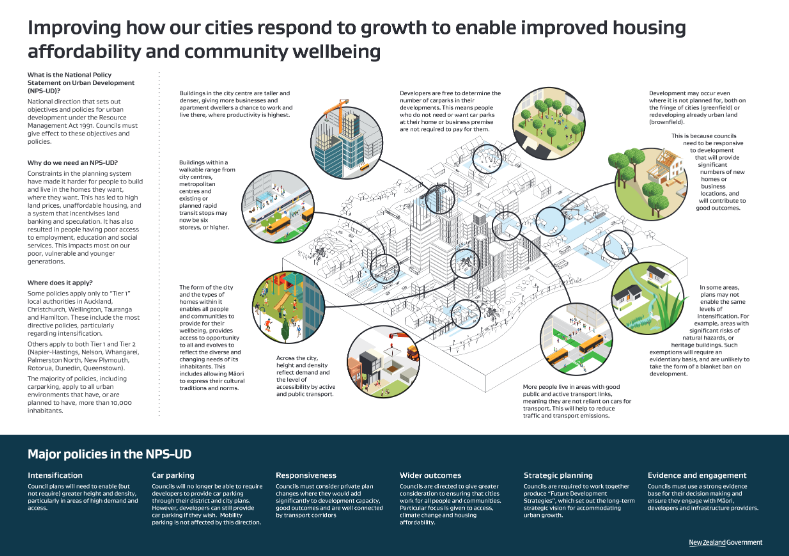Navigating the Housing Landscape: A Comprehensive Guide to HUD Resources
Related Articles: Navigating the Housing Landscape: A Comprehensive Guide to HUD Resources
Introduction
With great pleasure, we will explore the intriguing topic related to Navigating the Housing Landscape: A Comprehensive Guide to HUD Resources. Let’s weave interesting information and offer fresh perspectives to the readers.
Table of Content
Navigating the Housing Landscape: A Comprehensive Guide to HUD Resources

The housing market is a complex and constantly evolving landscape. For individuals and families seeking stable and affordable housing, navigating this terrain can be daunting. Fortunately, the U.S. Department of Housing and Urban Development (HUD) offers a wealth of resources and programs designed to assist those in need. This guide aims to demystify these resources, providing a comprehensive overview of HUD’s offerings and their potential benefits.
Understanding HUD’s Role
The Department of Housing and Urban Development (HUD) plays a crucial role in ensuring safe, decent, and affordable housing for all Americans. Established in 1965, HUD’s mission encompasses a wide range of initiatives, including:
- Providing rental assistance: HUD administers various programs that offer financial assistance to low- and moderate-income individuals and families to afford rental housing. These programs include Section 8, Public Housing, and Housing Choice Vouchers.
- Promoting homeownership: HUD supports initiatives designed to make homeownership more accessible, including mortgage insurance programs and counseling services for first-time homebuyers.
- Addressing homelessness: HUD works to prevent and end homelessness through funding and support for homeless shelters, transitional housing programs, and outreach services.
- Enforcing fair housing laws: HUD enforces the Fair Housing Act, ensuring equal access to housing opportunities regardless of race, color, religion, sex, familial status, national origin, or disability.
- Developing and revitalizing communities: HUD invests in community development projects, promoting economic growth, infrastructure improvements, and revitalization efforts in underserved areas.
HUD Resources for Housing Assistance
HUD offers a variety of resources to assist individuals and families in finding and maintaining affordable housing. Some key programs and services include:
1. Rental Assistance Programs:
- Section 8 Housing Choice Voucher Program: This program provides rental subsidies to eligible families, allowing them to choose their own housing in the private market. Participants pay a portion of their income towards rent, with the voucher covering the remaining amount.
- Public Housing: HUD-funded public housing provides affordable rental units in government-owned or subsidized buildings. These units are typically reserved for low-income families, seniors, and individuals with disabilities.
- Project-Based Rental Assistance: This program provides subsidies directly to landlords, allowing them to offer affordable rental units to eligible tenants.
- Emergency Housing Vouchers: This program provides rental assistance to households experiencing homelessness or at risk of homelessness, particularly those impacted by the COVID-19 pandemic.
2. Homeownership Programs:
- Federal Housing Administration (FHA) Mortgage Insurance: The FHA provides mortgage insurance to lenders, enabling borrowers with lower credit scores and down payments to qualify for home loans.
- Housing Counseling: HUD-approved housing counseling agencies offer guidance and support to individuals and families seeking to purchase a home, including financial planning, credit repair, and homebuyer education.
- Homeownership Programs for Special Needs: HUD offers programs specifically designed to assist individuals with disabilities or specific needs in achieving homeownership.
3. Homelessness Assistance:
- Continuum of Care (CoC) Program: This program provides funding to local communities to support a range of services for individuals experiencing homelessness, including shelters, transitional housing, and supportive services.
- Emergency Solutions Grants (ESG): This program provides funding to states and local governments to address immediate needs related to homelessness, such as emergency shelter, street outreach, and rapid re-housing.
- Housing First: This approach prioritizes providing permanent housing to individuals experiencing homelessness, recognizing that stable housing is crucial for addressing other needs.
4. Fair Housing Initiatives:
- Fair Housing Act: This federal law prohibits discrimination in housing based on race, color, religion, sex, familial status, national origin, or disability.
- Fair Housing Enforcement: HUD investigates complaints of housing discrimination and takes action to ensure equal access to housing opportunities.
- Community Outreach and Education: HUD engages in community outreach and education efforts to promote fair housing practices and prevent discrimination.
Navigating HUD Resources: A Step-by-Step Guide
Accessing HUD resources can be a multi-step process, requiring individuals to gather specific information and documentation. Here’s a general guide to navigating the process:
- Determine Eligibility: Begin by identifying the specific HUD program or service that aligns with your needs. Research eligibility requirements and ensure you meet the criteria.
- Gather Necessary Documentation: Prepare all required documents, including income verification, proof of identity, and residency information.
- Contact Local Housing Authorities or Agencies: Reach out to your local housing authority or HUD-approved housing counseling agency to inquire about available programs and services.
- Complete Application Process: Submit an application and provide all necessary information and documentation.
- Follow Up and Attend Interviews: Follow up with the housing authority or agency to inquire about the status of your application and attend any required interviews.
- Secure Housing Assistance: If approved, you will receive the designated housing assistance, such as rental subsidies, mortgage insurance, or homelessness support services.
FAQs About HUD Resources:
1. Who is eligible for HUD housing assistance?
Eligibility for HUD programs varies based on specific requirements. However, most programs target individuals and families with low to moderate incomes. Income limits are based on household size and location, and may vary by program.
2. How do I find a HUD-approved housing counselor?
HUD maintains a directory of approved housing counseling agencies on its website. You can search for agencies in your area by location, program, and language preference.
3. What documentation do I need to apply for HUD assistance?
Required documentation varies by program but generally includes income verification, proof of identity, and residency information. Specific requirements are outlined in the program application materials.
4. How long does it take to receive HUD assistance?
The processing time for HUD assistance varies depending on the program and the volume of applications. It is important to be patient and follow up with the housing authority or agency.
5. What are the benefits of participating in HUD programs?
HUD programs provide numerous benefits, including access to affordable housing, financial stability, improved living conditions, and opportunities for homeownership.
Tips for Success:
- Be prepared and organized: Gather all necessary documents and information before starting the application process.
- Be patient: The application process can take time. Follow up with the housing authority or agency regularly.
- Seek assistance: Don’t hesitate to reach out to a HUD-approved housing counseling agency for guidance and support.
- Know your rights: Familiarize yourself with the Fair Housing Act and your rights to equal access to housing opportunities.
Conclusion:
The Department of Housing and Urban Development (HUD) plays a vital role in ensuring safe, decent, and affordable housing for all Americans. By understanding the resources available and navigating the application process effectively, individuals and families can access the support they need to achieve housing stability and security. HUD’s commitment to providing housing assistance and promoting fair housing practices is essential for creating a society where everyone has access to a safe and affordable place to call home.








Closure
Thus, we hope this article has provided valuable insights into Navigating the Housing Landscape: A Comprehensive Guide to HUD Resources. We thank you for taking the time to read this article. See you in our next article!